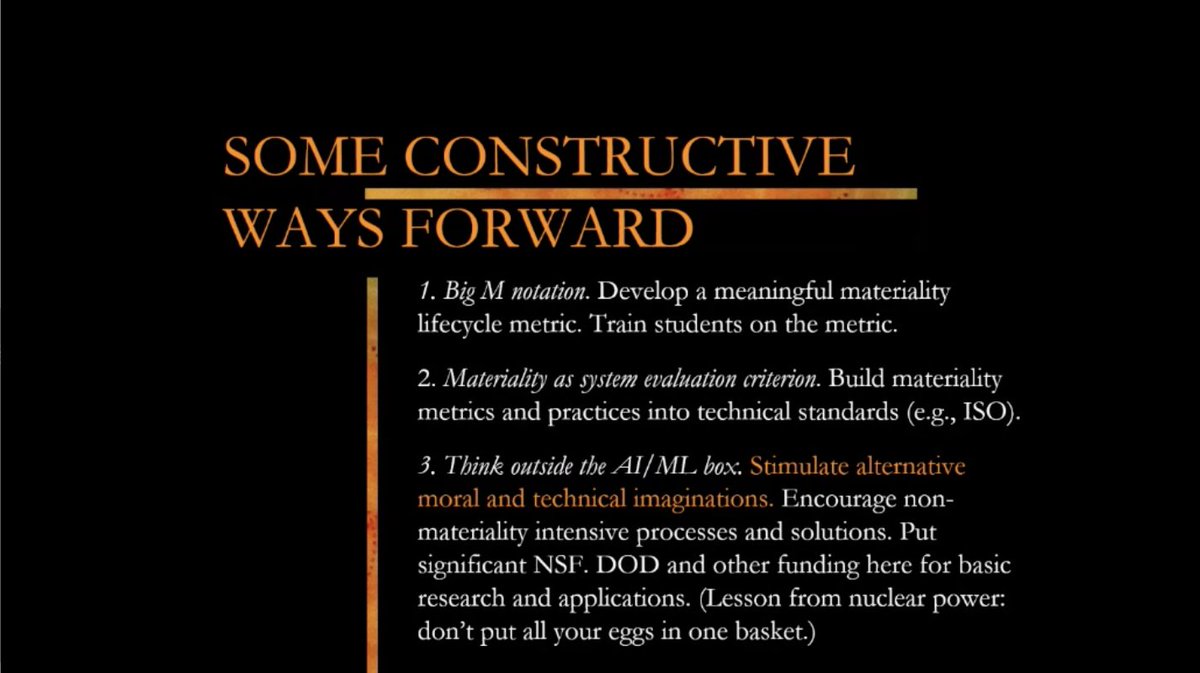
This piece is stunning: stunningly beautifully written, stunningly painful, and stunningly damning of family policing, of the lack of protections against data collection in our country, & of the mindset of tech solutionism that attempts to remove "failable" humans decision makers
https://twitter.com/UpFromTheCracks/status/1561380636216045568
.@UpFromTheCracks 's essay is both a powerful call for the immediate end of family policing and an extremely pointed case study in so many aspects of what gets called #AIethics:
1. What are the potentials for harm from algorithmic decision making?
>>
1. What are the potentials for harm from algorithmic decision making?
>>
2. The absolutely essential effects of lived experience and positionality to understanding those harms.
3. The ways in which data collection sets up future harms.
>>
3. The ways in which data collection sets up future harms.
>>
4. The ways in which the questions asked determine the possible answers/outcomes.
5. Again, the absolutely essential effects of lived experience and positionality to understanding the harms of those outcomes.
>>
5. Again, the absolutely essential effects of lived experience and positionality to understanding the harms of those outcomes.
>>
I could go on, but in short: This is required reading for anyone working anywhere near #AIethics, algorithmic decision making, data protection, and/or child "welfare" (aka family policing).
logicmag.io/home/birthing-…
logicmag.io/home/birthing-…
• • •
Missing some Tweet in this thread? You can try to
force a refresh







